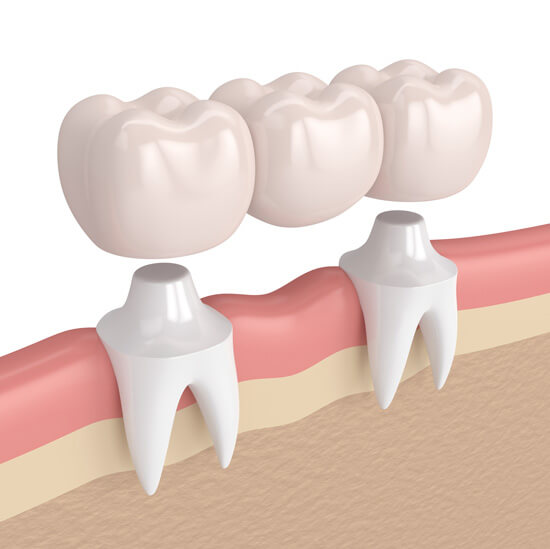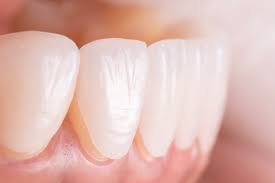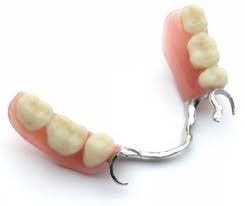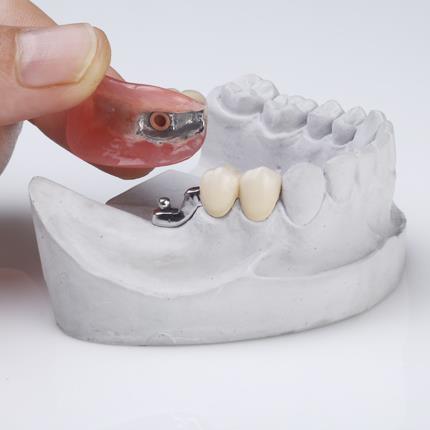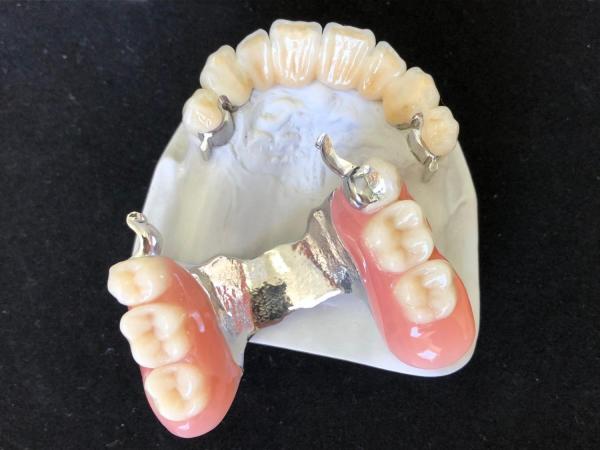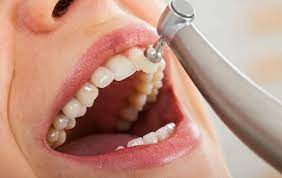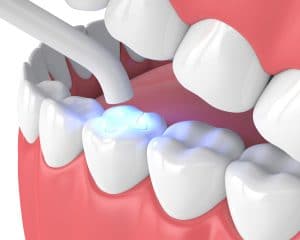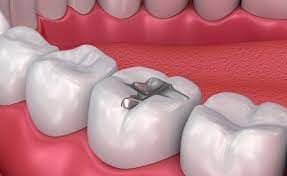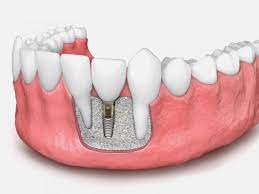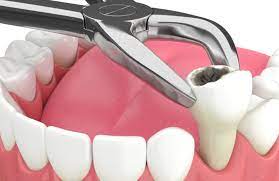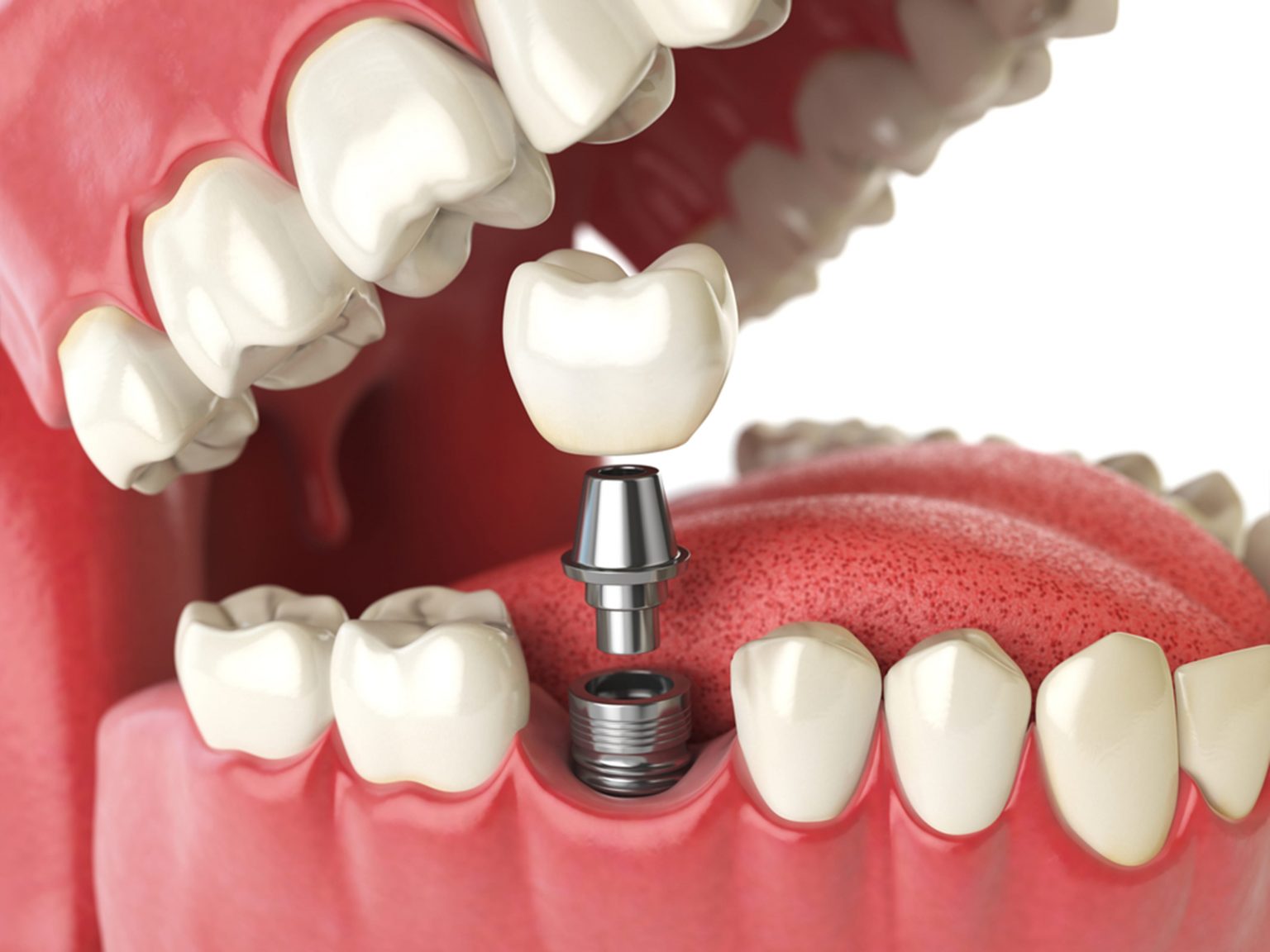
Dental Implants
Home-> services-> dental-implants

Dental Implants
Dental implants are a popular and effective solution for replacing missing teeth. They are small titanium posts that are surgically placed into the jawbone, where they act as artificial tooth roots. The implants provide a strong and stable foundation for dental restorations such as crowns, bridges, or dentures.
Here are some important aspects to know about dental implants:
-
Placement Process: Dental implant placement typically involves several steps. Initially, a comprehensive examination is conducted to evaluate your oral health and determine if you're a suitable candidate. If your jawbone is healthy and has sufficient density, the implant surgery can proceed. During the surgery, the implant is positioned into the jawbone, and a healing period of a few months follows. This allows the implant to fuse with the bone through a process called osseointegration. Finally, after the healing period, a dental restoration is attached to the implant.
-
Success Rate: Dental implants have a high success rate, typically around 95% or more, when placed by a skilled and experienced dentist or oral surgeon. The success of the implant largely depends on factors such as the patient's overall health, oral hygiene, and the quality and quantity of jawbone available.
-
Benefits: Dental implants offer several advantages over traditional tooth replacement options like dentures or bridges. They provide a natural appearance, feel, and function, as they are securely anchored in the jawbone. Implants also help preserve the jawbone, preventing bone loss that often occurs with missing teeth. Unlike removable dentures, implants are fixed and do not require adhesives. They allow for improved speech, comfortable chewing, and easier oral hygiene maintenance.
-
Candidates for Implants: Not everyone is an ideal candidate for dental implants. Sufficient jawbone density and healthy gums are necessary for successful implant placement. Patients with uncontrolled diabetes, certain autoimmune diseases, or heavy smokers may have a higher risk of implant failure. A thorough examination and consultation with a dental professional can help determine if implants are suitable for you.
-
Care and Maintenance: Dental implants require regular oral hygiene care, similar to natural teeth. This includes brushing twice a day, flossing daily, and scheduling regular dental check-ups. Avoiding tobacco use and maintaining a healthy lifestyle can contribute to the long-term success of dental implants.
It's important to consult with a qualified dental professional who can evaluate your specific dental needs and guide you through the process of dental implant treatment. They will be able to provide personalized advice and answer any questions you may have.

